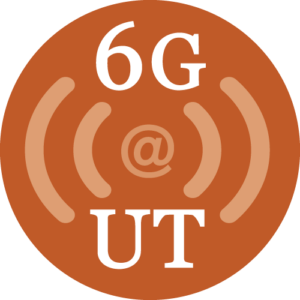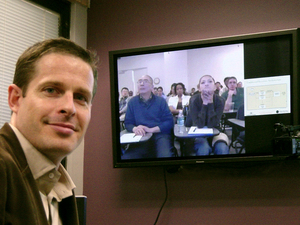Austin, TX — The Radionavigation Laboratory congratulates Ken Pesyna for being selected to receive the Innovative Signals Analysis Fellowship for the 2011-2012 academic year. The fellowship comes with a $4,000 stipend.
In addition to being a member of the Radionavigation Laboratory, Ken is a member of the Wireless Systems Innovation Laboratory under the supervision of Dr. Robert Heath.








